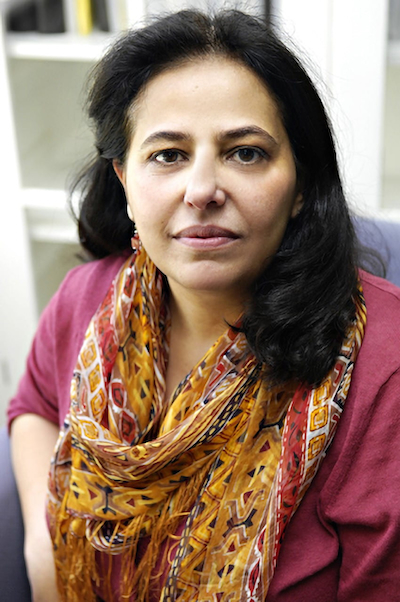
At first, I thought that The Measure of Distance would focus on two generations, but as I started writing, the novel went further back in time and ended up covering four generations from the late 1800s to the 2011 Egyptian Revolution. I realized that to understand where we are, we often have to go back to the past and to those who came before us. The novel begins not with immigration but with migration from the villages of Egypt to the city of Cairo. My own great grandfather made a similar journey when he decided to leave his village of Abu Teeg and move to Cairo for better job opportunities.
Each chapter of the novel focuses on one or two characters who decide to immigrate to the U.S. While there are multiple factors that influence their decision to leave their homeland, there is a historical/political event that motivates their immigration. Misha decides to leave because of the 1952 revolution that resulted in Egypt’s independence from the British, Hafez leaves because of the 1967 war, and so on. These events serve as a foundation for the characters’ movements, showing how the political intertwines with people’s individual lives.

The 2011 Egyptian Revolution in Tahrir Square
I grew up speaking both Arabic and English, and language has always been important to me as a writer. When I write, I hear my Egyptian characters speaking to each other in Arabic and then I translate to English, attempting to capture the rhythm, syntax, and meaning of Arabic. In this novel, I wanted to create a visual distinction between the two languages. I decided to not capitalize when people are speaking in Arabic since the Arabic language does not use capitalization. In this way, I attempted to bring both languages to the pages of the novel.
The novel culminates with the 2011 revolution and the fourth generation who must decide how they will respond to this event. There is Dunya whose father was the first to leave Egypt in the 1950s and never returned; there is Fathy whose father went to Egypt in the 1960s and chose to return, turning his back to America; and there is Yusef, whose father left Egypt in the 1960s to try to protect his son. The revolution pushes each of these characters to make a choice about their lives.
Pauline Kaldas is the author of The Measure of Distance, Looking Both Ways, The Time Between Places, Letters from Cairo, Egyptian Compass, and the textbook, Writing the Multicultural Experience. She is also the co-editor of Dinarzad’s Children: An Anthology of Contemporary Arab American Fiction and Beyond Memory: An Anthology of Contemporary Arab American Creative Nonfiction.



No comments:
Post a Comment